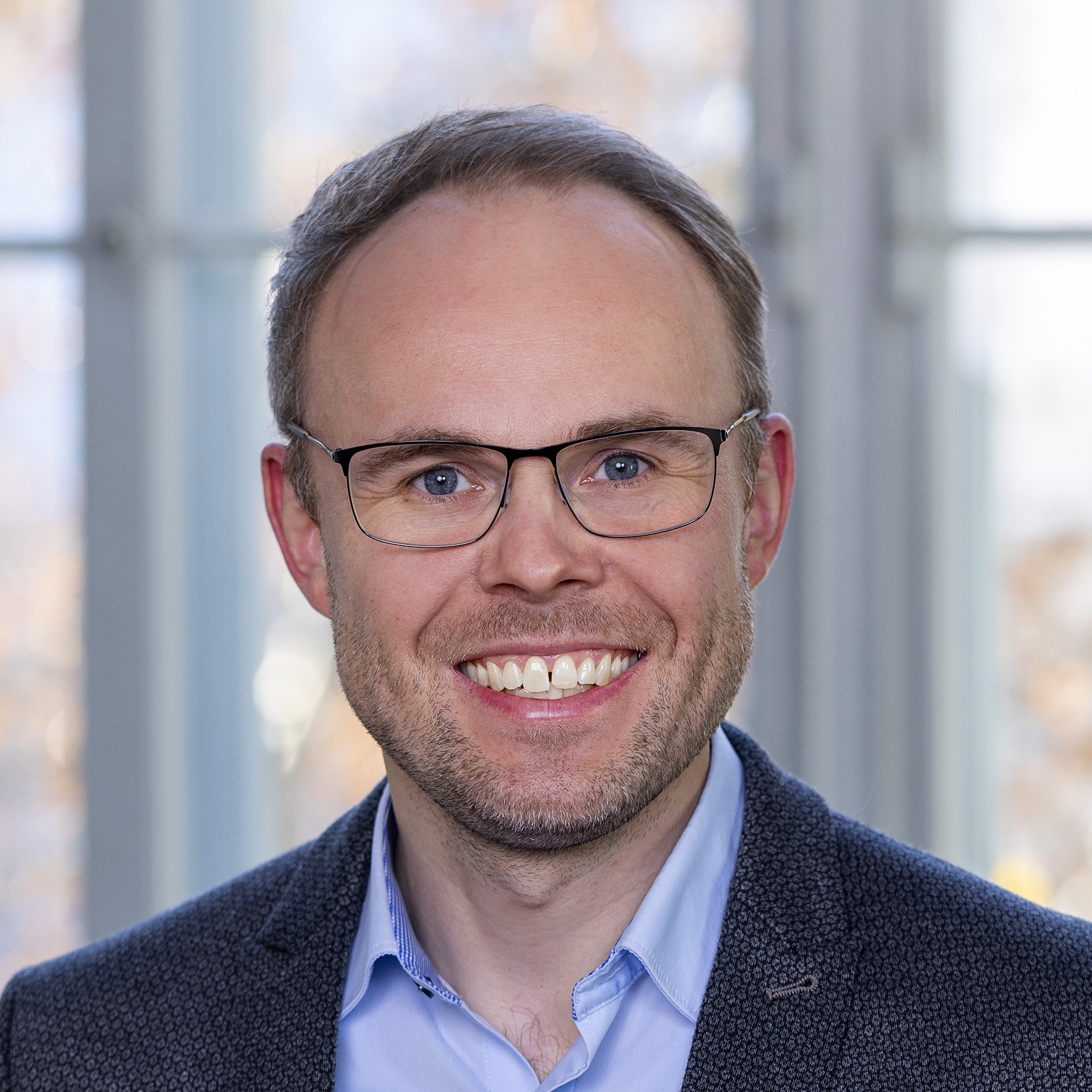
CeMM, external institution, Center for Medical Data Science (Institute of Artificial Intelligence)
Position: Professor
ORCID: 0000-0001-6091-3088
T +43 1 40160-70070
christoph.bock@meduniwien.ac.at
Keywords
Artificial Intelligence; Biomedical Research; Biomedical Technology; Computational Biology; Epigenomics; Hematology; High-Throughput Nucleotide Sequencing; Immunity; Oncology; Organoids; Rare Diseases; Single-Cell Analysis; Stem Cells
Research interests
Scientific goal: To advance biomedicine with technology-driven research, combining experimental and computational approaches to understand and program epigenetic cell states and to develop cell-based therapies for cancer and immune diseases.
Areas of research:
1. Single-cell biology. Epigenetic cell states contribute broadly to the regulation of human organs. As part of the Human Cell Atlas, we use single-cell and spatial sequencing to dissect their role in tissue homeostasis and pathogenesis.
2. Biotechnology. Groundbreaking discoveries are often enabled by new technology. We develop and apply innovative methods in the areas of single-cell sequencing, CRISPR screening, epigenome editing, and synthetic biology.
3. Bioinformatics. Computational methods are essential for data-driven biomedical research. We develop algorithms and software for large-scale data analysis, and we pursue clinical collaborations to establish medical impact.
4. Machine learning. Huge datasets pose new analytical challenges. As part of the European Laboratory for Learning and Intelligent Systems, we develop methods for interpretable deep learning and artificial intelligence in biomedicine.
5. Cell therapy. CAR T cells have shown dramatic efficacy for blood cancers and spearhead a broader shift toward personalized cell-based therapies. We use high-throughput technology to design synthetic immune cells as therapeutics.
Websites: https://bocklab.org, http://cemm.at/research/groups/christoph-bock-group, https://meduniwien.ac.at/ai
Social media: https://linkedin.com/in/christoph-bock, https://bsky.app/profile/bocklab.bsky.social, https://twitter.com/BockLab
Techniques, methods & infrastructure
The Biomedical Sequencing Facility (BSF) is an academic core facility and center of expertise for next generation sequencing (NGS) services and technology. The BSF is a joint project of the CeMM Research Center for Molecular Medicine of the Austrian Academy of Sciences and the Medical University of Vienna. Coordinated by Christoph Bock and with a dedicated team of staff scientists, the BSF contributes to biomedical research and whole genome medicine in Vienna, Austria, and internationally. More information: https://www.biomedical-sequencing.org/
Grants
- Understanding and exploiting epigenetic regulation in CAR T cell therapy (2020)
Source of Funding: EU, European Research Council (ERC) Consolidator Grant
Principal Investigator - HCA|Organoid: Establish a multi-tissue organoid platform within the Human Cell Atlas (2019)
Source of Funding: EU, EU Horizon 2020 Health Programme
Coordinator of the collaborative project - An experimental and bioinformatic toolbox for functional epigenomics (2015)
Source of Funding: EU, European Research Council (ERC) Starting Grant
Principal Investigator
Selected publications
- Fortelny, N. et al. (2024) ‘JAK-STAT signaling maintains homeostasis in T cells and macrophages’, Nature Immunology, 25(5), pp. 847–859. Available at: https://doi.org/10.1038/s41590-024-01804-1.
- Krausgruber, T. et al. (2020) ‘Structural cells are key regulators of organ-specific immune responses’, Nature, 583(7815), pp. 296–302. Available at: http://dx.doi.org/10.1038/s41586-020-2424-4.
- Klughammer, J. et al. (2018) ‘The DNA methylation landscape of glioblastoma disease progression shows extensive heterogeneity in time and space’, Nature Medicine, 24(10), pp. 1611–1624. Available at: https://doi.org/10.1038/s41591-018-0156-x.
- Datlinger, P. et al. (2017) ‘Pooled CRISPR screening with single-cell transcriptome readout’, Nature Methods, 14(3), pp. 297–301. Available at: https://doi.org/10.1038/nmeth.4177.
- Mass, E. et al. (2016) ‘Specification of tissue-resident macrophages during organogenesis’, Science, 353(6304). Available at: https://doi.org/10.1126/science.aaf4238.